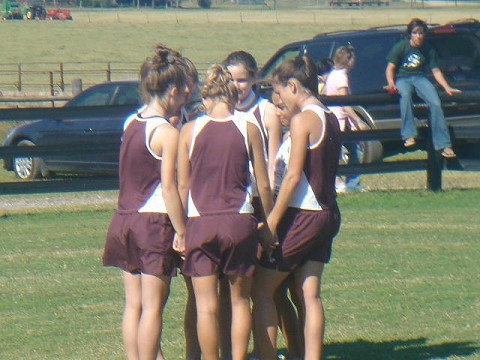I’m guessing the first thing you probably thought when you saw this blog articles was how I misspelled “community,” but that’s not actually what I’m going to talk about. Today I was reading out of this booked called Exiles by Michael Frost and the author talks about this concept called “communitas.” What does that mean exactly? It’s sort of like the building blocks of community, it’s what brings people together and causes them to bond and grow and unite in love and compassion. The author uses the example of a tribe in Zambia called the Ndembu. The tribe would, as a sort of rite if initiation, have the young men leave the community for a time and live in the jungle on their own. During this time the elders and “holy men” would visit the young man and teach him the “lore and learning” of all the adults. This time was not only a period of separation from the community, it was sort of like a transition into the community for the first time. It was only through trial and tribulation (the hardships and struggles just for survival) that the young boy could actually join the community, who had also gone through those same struggles.
These periods of transition are not usually faced alone either. The author uses the example of troops who have fought in wars together bonding under the common goal of fighting the enemy. Only those who have really gone through deadly trials together can have that shared bonding experience: that love and understanding that speaks of those who have journeyed together. And the same is true in many other groups of people: sports teams, a guild of skilled laborers, artists, journalists, missionaries. Look even at the 12 disciples of Jesus, who as individuals would never have gotten along: Matthew the tax-collector who served the Roman Empire and Simon the Zealot (a group devoted to the removal of Roman rule). But after coming together for the common task of following Jesus they became a brotherhood and a family. They became a community.
In many ways the ideas of “community” and “communitas” are completely opposite to each other. In a community the focus is bent inward to those inside the group, with a desire to encourage each other and build each other up, to love one another and to take care of each other’s needs. But in communitas a group of different people are forced to come together and focus on something outside the group, a common goal or task to accomplish. The communitas helps to push the group forward by setting aside the differences they would normally have to focus on the task at hand. And over time they may eventually develop the genuine love and mutual respect evident of a community.









